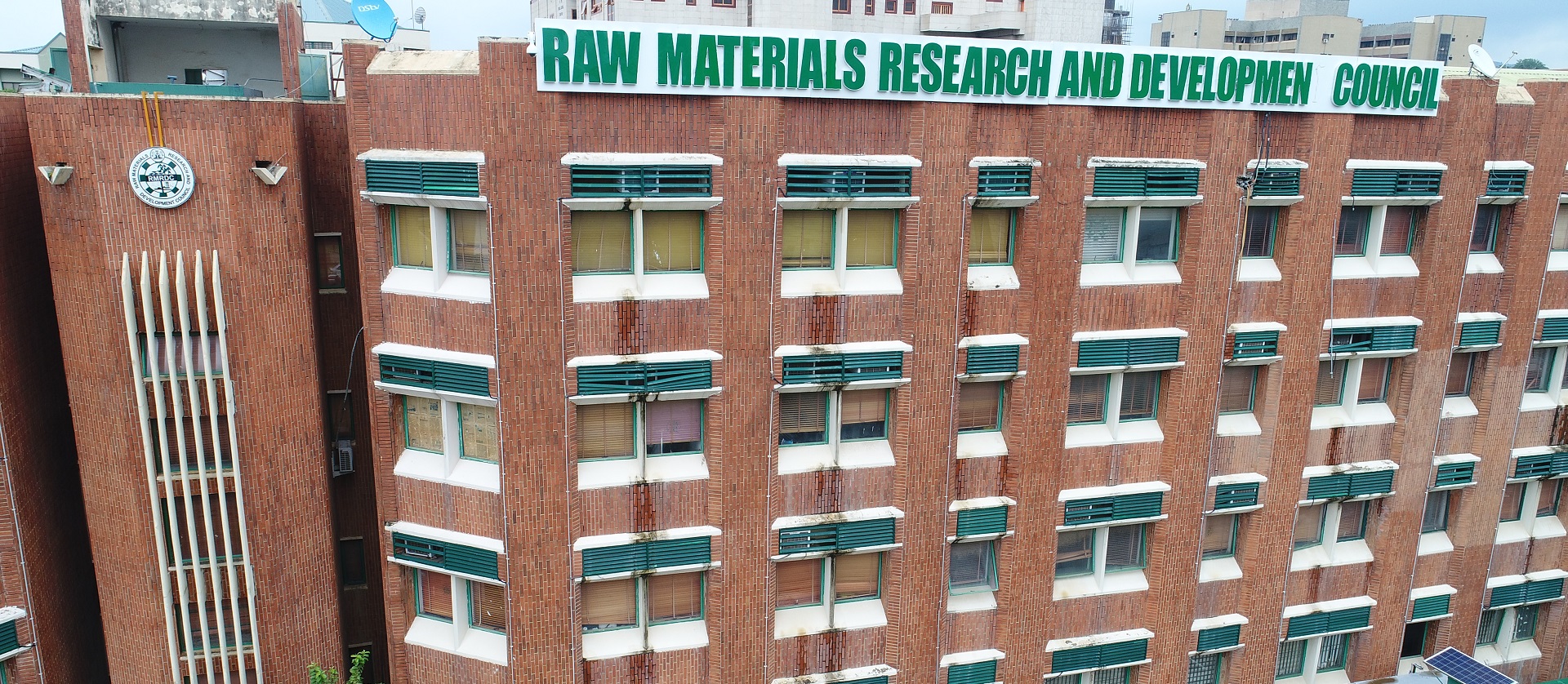Why Nigeria’s over 44 solid minerals contribute less to GDP – RMRDC
In a research document made available to journalists in Abuja, the DG attributed this to a number of reasons. Among these

Raw Material Research Development Council (RMRDC)
Nigeria is blessed with over 44 different solid minerals including gemstones in large quantities. Despite this, the sector contributes less than 0.3% of the Gross Domestic Product (GDP) of the nation, the Director General of the Raw Material Research Development Council (RMRDC) has said.
In a research document made available to journalists in Abuja, the DG attributed this to a number of reasons. Among these, he said, are lack of geoscience information which is a barrier to investment and the low level of minerals value chain development.
- Inside RUGA: Zamfara’s ‘answer’ to farmers/herders conflict
- Why I want to be Anambra governor – Moghalu
According to the document, gemstone is one of the key economic and industrial minerals in Nigeria that has not been given the desired attention. Gemstones are natural organic matter, minerals or stones, which are present in igneous rocks and alluvial gravels. They are a substance of beauty when cut and polished for jewelry and they are part of alternative and complementary medicine from pre-historic times.
Nigeria, the document said, has deposits of different gemstones including Corundum, Beryl, Quartz and its varieties, Tourmaline, Garnet, Aquamarine, Topaz, Spine, etc. Most of the deposits are available in very large commercial quantities in the country. Nigeria’s Tourmaline, for instance, comes out in multiple colours from the same pit and the quantity is usually in kilogrammes and tons. Nigeria’s Paraiba Tourmaline found in Oyo and Nasarawa states, for instance, could go for as much as $5,000.00 per gramme.
